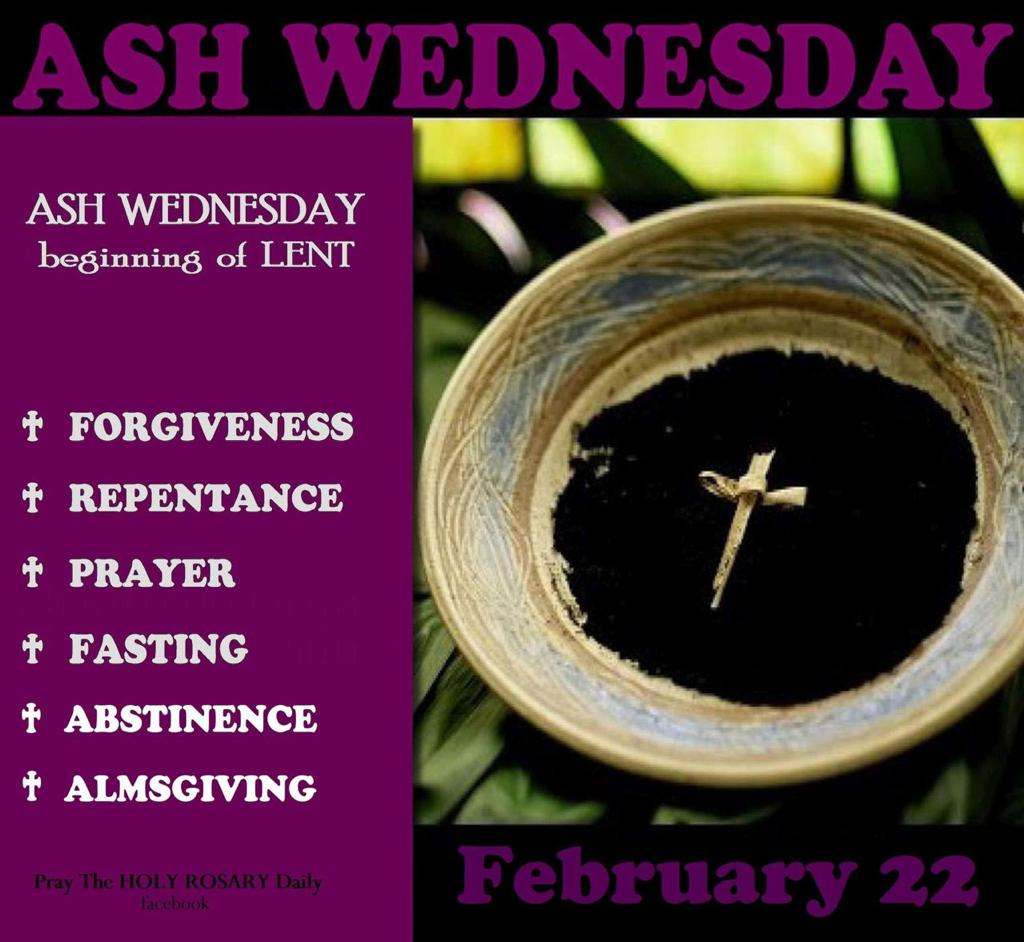At the preaching of Jonah, the people of Nineveh believed God. They proclaimed a fast, and put on sackcloth and ashes. By fasting they disciplined their bodily desires for pleasure and entertainment. And by putting on sackcloth and ashes they striped themselves of vainglory and pride. In the action of their king, we see the importance of stripping oneself of the quest for power and self-glory. So, this Lent, while we discipline our bodies through fasting and abstinence, we must not forget those disciplines that can tame our ego-centric life.
If the people of Nineveh could be inspired by Jonah to
repent and humbled themselves before the Lord, how much more should we abandon
our old ways and take up acts of penance as we gaze upon the cross of Jesus
this Lenten season. Sometimes it seems our hearts are so hardened that we
remain unmoved at the name Jesus. He says, “The men of Nineveh will arise at
the judgement with this generation and condemn it; for they repented at the
preaching of Jonah, and behold, something greater than Jonah is here.” Think about
how Jonah inspired such great conversion though he was a reluctant prophet, but
Jesus offered His life for us. Jonah did not even finish the journey, out of three days walk, he went on one day, yet the whole people repented, but Jesus completed His three days journey into the grave, and He journeys with us till eternity! With such great love and commitment Jesus has shown for
our salvation, we should humble ourselves before Him with our Lenten
observances, and repent of our sins. Amen.
Fr Jude Chinwenwa Nwachukwu, C.Ss.R
Saints Peter and Paul Catholic Church,
Tedi-Muwo, Ojo, Lagos.
Wednesday March 1st, 2023















